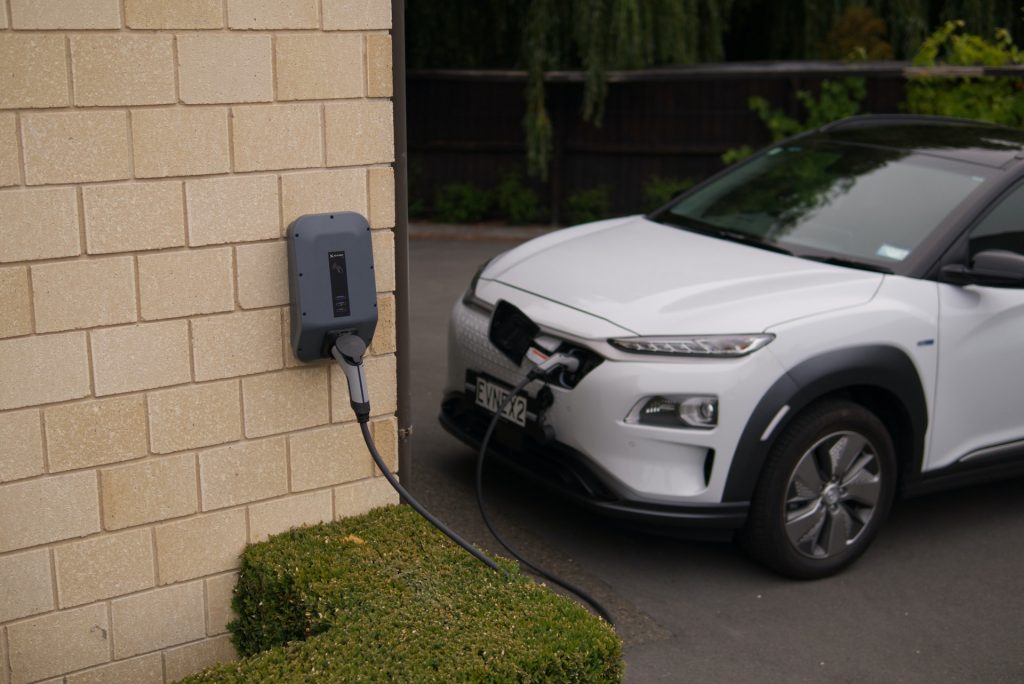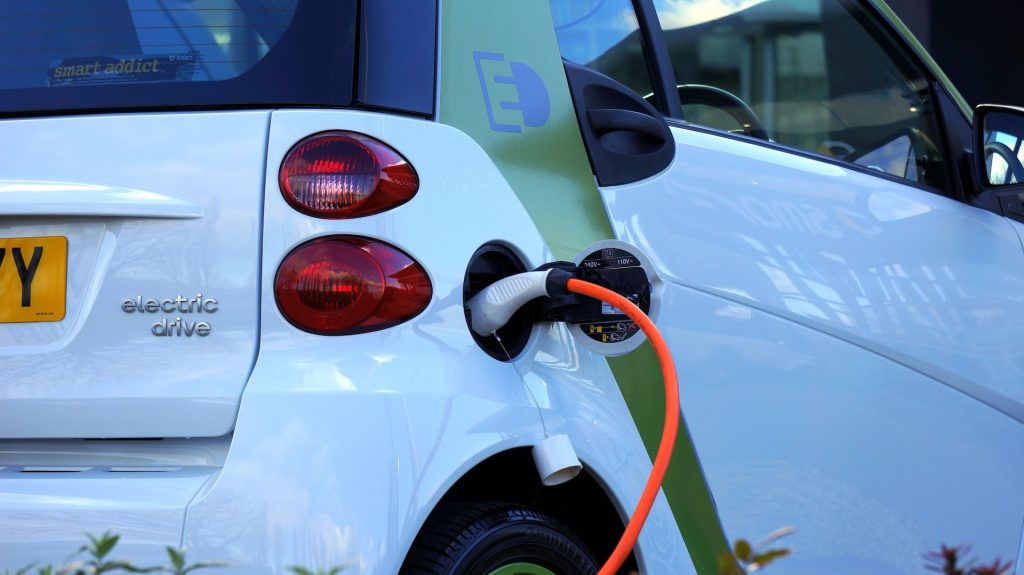In recent years, the automotive industry has witnessed a significant shift towards sustainable transportation options.
The emergence of electric cars as an alternative to traditional petrol and diesel-powered vehicles has sparked a new debate among UK consumers.
In this article, we compare traditional and electric cars by looking at their key advantages and disadvantages.
Key Advantages of Electric Cars or EVs

Environmentally Friendly
One of the most significant advantages of electric cars is their reduced carbon footprint. They produce zero tailpipe emissions, leading to lower air pollution and a healthier environment.
Cost Saving
Electric cars have lower operating costs compared to traditional vehicles. They are generally cheaper to fuel, as electricity prices tend to be more stable than fluctuating gasoline prices. Moreover, electric cars require less maintenance due to fewer moving parts, which leads to long-term cost savings.
Energy Efficiency
Electric cars are known for their high energy efficiency. Unlike internal combustion engines, which waste a large portion of fuel energy as heat, electric vehicles convert most of their energy into forward motion, which translates into better mileage, reducing the need for frequent recharging.
Government Incentives
The UK government offers various incentives to encourage the adoption of electric vehicles. These include grants for purchasing an electric car, exemption from road tax, and reduced rates for congestion charges in certain cities.
Running Costs
An EV can offer significant savings in running costs and the cost per mile travelled for electric cars is generally lower. Additionally, electric cars require less maintenance, reducing the expenses associated with engine oil and oil filter changes, spark plugs, and other related services.

Image of oil filter taken from onlinecarparts.co.uk
Resale Value
Resale value is another aspect to consider when evaluating the economic impact of owning an electric car. While electric vehicles have historically experienced higher depreciation rates, the growing demand for sustainable transportation options is likely to improve their resale value over time.
Key Disadvantages of EV Ownership
Limited Driving Range
Electric cars often have a shorter driving range compared to traditional cars. While the range has been improving with advancements in battery technology, it is still a concern for those who frequently undertake long journeys and the development of fast-charging infrastructure is poor outside of major cities.

Charging Infrastructure
Unlike petrol stations, charging stations for electric cars are not as widespread. Although their numbers are increasing, finding a charging point can still be a challenge in some areas.
Longer Refuelling Time
Electric cars require more time to recharge compared to refuelling a traditional car with petrol or diesel. While home charging can be done overnight, fast-charging stations are required for quick top-ups during long drives. This inconvenience might deter some consumers who are used to the convenience of quick refuelling.
Purchase Cost
Electric cars typically have a higher upfront cost compared to traditional cars. The price difference is mainly due to the expensive battery technology used in electric vehicles. However, it’s important to consider the long-term savings on fuel and maintenance costs, which can offset the initial investment.
Traditional and electric cars have their own sets of advantages and disadvantages, so it’s important to weigh them all up before you upgrade your old car for a new EV to become an electric car driver, depending on your individual circumstances.
Author Profile

- Blogger by Passion | Contributor to many Business Blogs in the United Kingdom | Fascinated to Write Blogs in Business & Startup Niches
Latest entries
 BusinessApril 11, 2025How Hiring a Student Could Be the Best Move Your Business Makes
BusinessApril 11, 2025How Hiring a Student Could Be the Best Move Your Business Makes Living in LondonApril 9, 20255 Key Considerations for Long-Term Urban Rentals
Living in LondonApril 9, 20255 Key Considerations for Long-Term Urban Rentals EntertainmentApril 3, 20257 Slot Games that are Popular with Londoners
EntertainmentApril 3, 20257 Slot Games that are Popular with Londoners EventsMarch 25, 2025EGR Awards 2025: London’s Comeback After Losing ICE
EventsMarch 25, 2025EGR Awards 2025: London’s Comeback After Losing ICE




